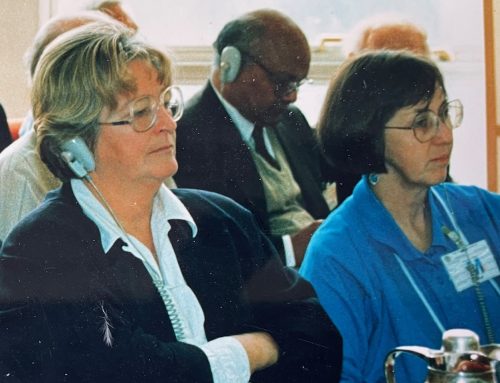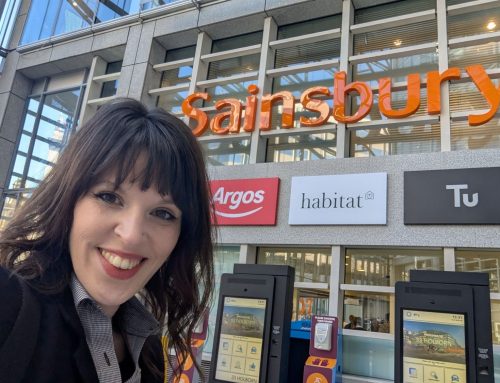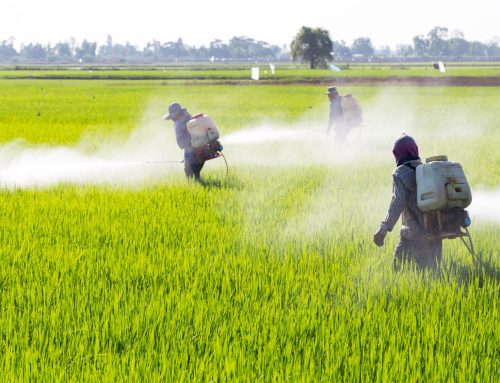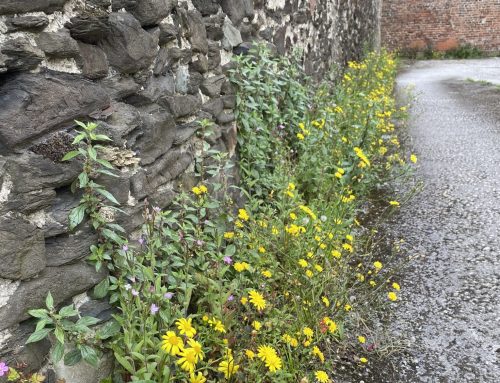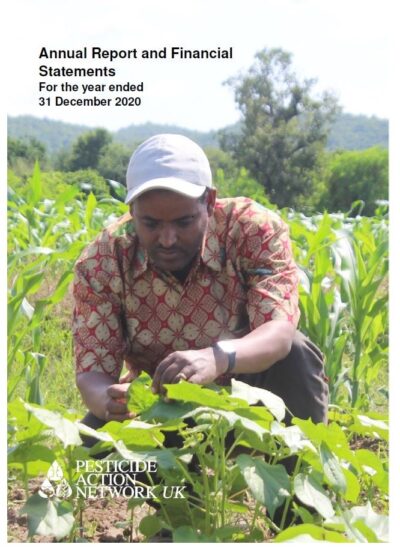 By Jon Farrant, Head of Finance & Governance, PAN UK
By Jon Farrant, Head of Finance & Governance, PAN UK
The last year has been a year unlike anything in living memory with significant uncertainty and disruption flowing from the continuing coronavirus pandemic. The pandemic has impacted on all organisations, including PAN UK, and we have had to respond to this as we try to deliver on our mission to tackle the problems caused by pesticides. We have had to innovate, to show flexibility and to persevere and have succeeded in achieving some incredible impacts in spite of the challenges.
We are really pleased to launch our 2020 annual report and accounts as an opportunity to reflect on a unique year for PAN UK and a significant year in the fight to promote safe and sustainable alternatives to pesticides in agriculture, urban areas, homes and gardens. Our annual report highlights many of the results that we have been able to achieve this year in the UK and overseas. These include:
- We were able to secure some major wins on our key advocacy asks, including a commitment from the UK Government to introduce pesticide reduction targets by 2022.
- We launched our work on trade with a new report comparing UK pesticide standards with those of three countries touted for post-Brexit trade deals (US, Australia and India). Toxic Trade highlighted the threat that these deals pose to UK protections designed to prevent human health and environment from pesticide-related harms. The report gained widespread media coverage and the accompanying video we produced was watched by more than 300,000 people, with 5,000 taking our online action and sending emails to their MPs.
- The Pesticide-Free London campaign continued to make good progress. Eleven London borough councils and many other local councils across the UK took action in 2020 to end or significantly reduce their pesticide use.
- Thanks to the public pressure we generated, and our direct engagement, a number of supermarkets made commitments to take action on pesticides. Co-op have taken on board our recommendations and built their new pesticide policy around them (published in 2021) and Morrisons committed to removing all pesticide products that contain glyphosate from its shelves and did so by February 2020.
- We have developed a new mobile phone health app, which is designed to collect data from farmers on incidents of acute pesticide poisoning to support monitoring of pesticide impacts on health and to provide evidence to support action being taken. The app has been tested in Tanzania, Trinidad and Jamaica and we are preparing for a test in Benin and a larger scale test in India before the system is finally launched.
- This year has seen a very significant increase in organic cotton production by the over 4,000 trained and certified organic farmers supported by our project in Benin. These farmers have not only cut their pesticide use, but have also seen a dramatic increase in their incomes.
- Participating farmers in our vegetable production project in Ethiopia have reduced pesticide use by 45-80% and improved net income by up to 50%. Pilot sales of vegetables grown with reduced pesticide inputs have been snapped up by consumers and the Board of Agriculture is keen to support more smallholders convert to IPM and possibly organic production.
We are aware that many charities have struggled financially in 2020 because of a combination of increased demand and reduced donation income. However, we are pleased to report that PAN UK has seen a growth in income this year and an increase in unrestricted reserves.
Total income for 2020 was £1,197,570, which mainly represents an increase in our unrestricted income. This increase was thanks to the support provided by some of our long-standing trust and foundation donors to combat uncertainty around the pandemic and an increase in the income provide by individuals. We are very grateful for all who have given to PAN UK this year.
Total expenditure for 2020 was slightly higher than in 2019 (£804,027 in 2019 compared to £818,635 in 2020). There has been an increase in expenditure on staff costs compared to 2019 as a result of an increasing head count, but this has largely been offset by reductions in expenditure linked to limitations imposed by the pandemic e.g. travel costs, costs of holding physical events, etc. The amount of this expenditure funded by restricted funds was at a similar level to 2019, with the increase being funded by unrestricted funds.
Overall, we are really pleased with the impacts that we have been able to achieve in 2020 and the associated financial results. We are in a strong position and can look forward to another year of uncertainty with confidence that PAN UK will continue to deliver against our mission.

